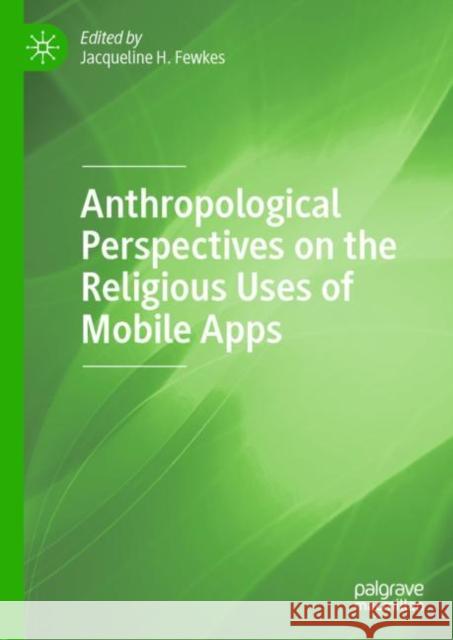Anthropological Perspectives on the Religious Uses of Mobile Apps » książka
topmenu
Anthropological Perspectives on the Religious Uses of Mobile Apps
ISBN-13: 9783030263751 / Angielski / Twarda / 2019 / 248 str.
Anthropological Perspectives on the Religious Uses of Mobile Apps
ISBN-13: 9783030263751 / Angielski / Twarda / 2019 / 248 str.
cena 483,04
(netto: 460,04 VAT: 5%)
Najniższa cena z 30 dni: 462,63
(netto: 460,04 VAT: 5%)
Najniższa cena z 30 dni: 462,63
Termin realizacji zamówienia:
ok. 16-18 dni roboczych.
ok. 16-18 dni roboczych.
Darmowa dostawa!
Kategorie:
Kategorie BISAC:
Wydawca:
Palgrave MacMillan
Język:
Angielski
ISBN-13:
9783030263751
Rok wydania:
2019
Dostępne języki:
Ilość stron:
248
Waga:
0.58 kg
Wymiary:
21.01 x 14.81 x 2.24
Oprawa:
Twarda
Dodatkowe informacje:
Wydanie ilustrowane











